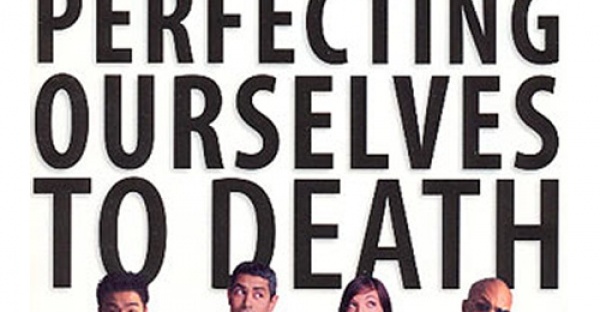I love to talk about perfectionism because it is a topic of so many of the conversations I have in my private practice with clients. I introduce my clients to the concept of striving for excellence as more appropriate than striving for perfection, as nothing can ever measure up to perfection. Striving for excellence at work, at home, and in your appearance means that you give things your best effort and understand that there is no standard that dictates perfection. Why is the need to be perfect so prevalent? Is striving for perfection essential to become a productive member of society? Do you feel like you’re a perfectionist even though you don’t feel productive? I am so curious about clients who tell me or state on their intake forms that they, “strive for perfection”, or “give 100%”.
Becoming curious about how you view yourself leads to the door opening to the possibility of being less judgmental of yourself and others, and it is the back door to becoming a person who is less perfectionistic or procrastinating (two extremes). Whenever we are operating in an extreme version of ourselves (either perfectionistic or procrastinating), we most often will experience negative emotional, as well as physical symptoms such as elevated heart rate and blood pressure along with physical pain. I believe in striving for excellence in all domains in my life, and it was so liberating when I began to read the research that striving for perfection brings with it damaging emotional and physical properties.
Learning to be more mindful overall by engaging in self-compassion and loving kindness meditation practices, really helps to “cure” perfectionists. I teach a very easy form of meditation in my office to people and it takes 1-3 minutes, and they feel a sense of being more calm, of being able to step outside of the stress that they are feeling.
Does becoming less critical of yourself and others actually lead to being more successful? The answer is “yes” if you are wondering. The word “critical” is part of our education system now; we are all encouraging our children to be “critical thinkers”. In our society, it seems to make sense that being critical of yourself and others is important to succeed. What would it be like it we could be “essential thinkers”, where we both accept ourselves currently but also strive to make meaningful change? Becoming more open personally and professionally, in terms of how we view others, and ourselves is empowering and leads to higher levels of awareness and creativity. Can one be accepting & motivated? Is being accepting of yourself considered weak and a “lowering the bar” for yourself and others?
If you are curious, contact me to discuss this further.
I work with couples and individual adults in my psychotherapy and coaching practice. My clients make progress! I offer email support in-between sessions to my clients as part of our work together. Find Your Strengths at http://www.kelleyhopkinsalvarez.com.
Let’s continue the “conversation”, text 203-948-0938 or email me @ kelleytherapy@icloud.com.
Thank you so much for reading my blog!
Kelley Hopkins-Alvarez, Licensed Professional Counselor, MS, MSEd, NCC, BCC
Address: 100B Danbury Road, Suite 201D, Ridgefield, CT 06877 (behind Union Savings Bank)


